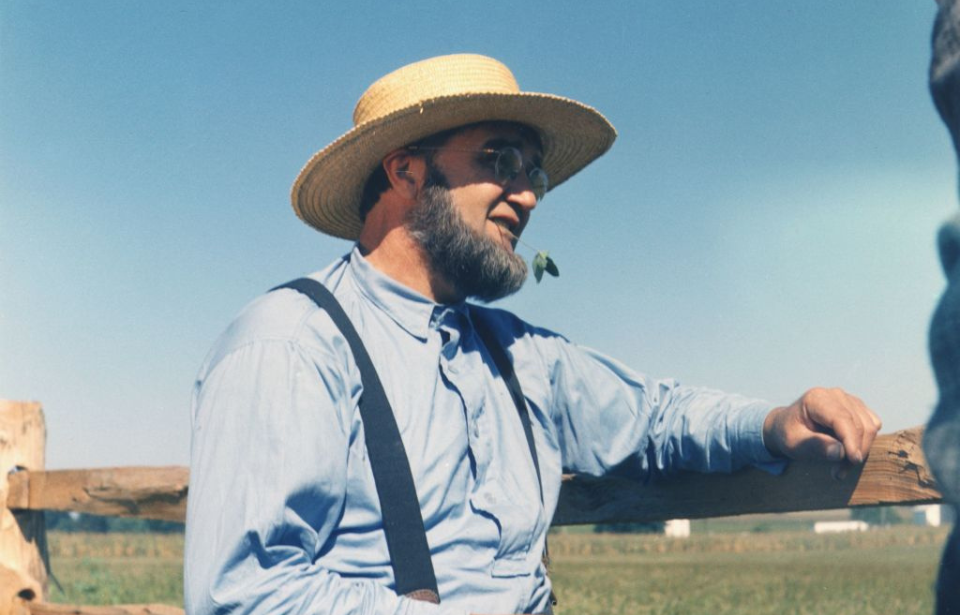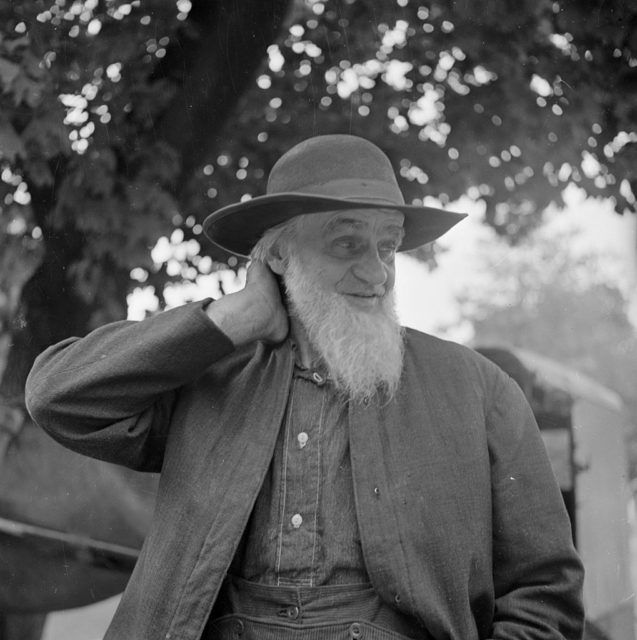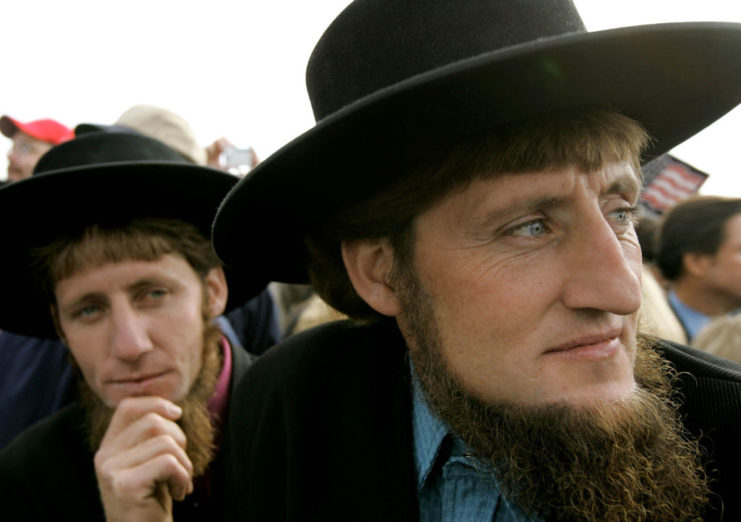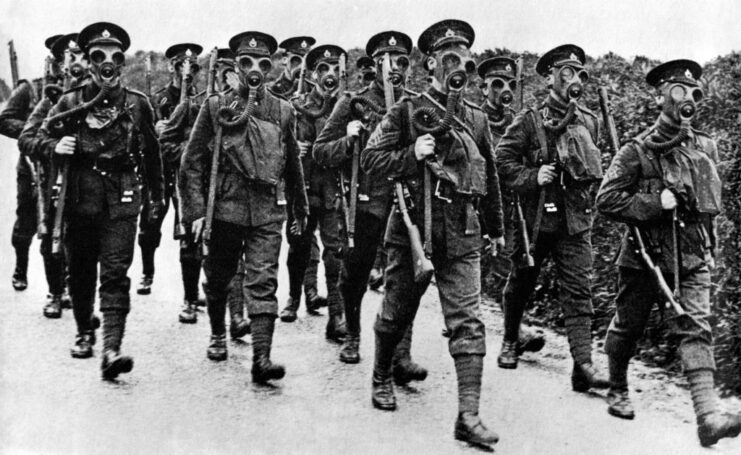The Military is the Reason Why the Amish Have Their Distinctive Beards

The Amish are a group of traditionalist Christian church fellowships known for their relatively “old-fashioned” way of life. As part of living out what they believe to be God’s word, Amish men sport long beards. Today, bearded men aren’t all that unusual, with a host of styles worn.
Unlike those sporting a beard for fashion, however, you won’t see a bearded Amish man with his upper lip unshaven. This choice, unexpectedly, relates back to the military.
Amish beards pay homage to the Bible

The Amish, while closely related to Mennonite churches, have practices and traditions that differ from other Christian groups.
The reason for the beard itself is an homage to the Bible. At the time the stories in the religious text occur – long before the days of Gillette razors – most men sported faces full of hair. Devout Amish men pay tribute to this by also growing their own beards.
However, it isn’t as simple as never shaving – only married men are allowed to stop. Growing out a beard is a way of signaling to everyone that he has officially become a man.
Pacifism is a core Amish belief

Leviticus 19:27 – “Do not cut the hair at the sides of your head or clip off the edges of your beard” – is a core belief of the Amish, one they follow religiously. Another is pacifism.
Technically, the Amish practice non-resistance, which is regarded as a form of pacifism. It’s the practice of not resisting authority, no matter the situation, even if one considers it unfair. While this typically relates to their daily life, fighting in a war or in battle is considered a form of resistance to the Amish, meaning they don’t perform any type of military service.
Therefore, the mustache must go.
Why don’t Amish men sport mustaches?

Today, the mustache is a fashion choice, but it was once a symbol of military service. Facial hair has long been associated with war and the strength of troops, particularly in areas of the world where beards and mustaches are deemed to be more masculine. Even today, facial hair is worn by soldiers in certain regions as a way to gain respect.
For example, the British Empire were big fans of the mustache, going so far as to make it mandatory for soldiers at one point. This requirement remained in place until World War I, when maintaining a mustache wasn’t only a low priority, but also impossible in the harsh conditions of the trenches along the Western Front.
Furthermore, the appearance of gas on battlefields sparked fears that facial hair would prevent a gas mask from completely sealing against the skin. As such, the requirement was dropped in October 1916.
With such strong ties to war history, the Amish choose to not sport mustaches in rejection of military service. This allows them to continue growing their beards while avoiding any association with the military. It helps let others know who’s married, too, as it’s worn in lieu of a wedding ring.
